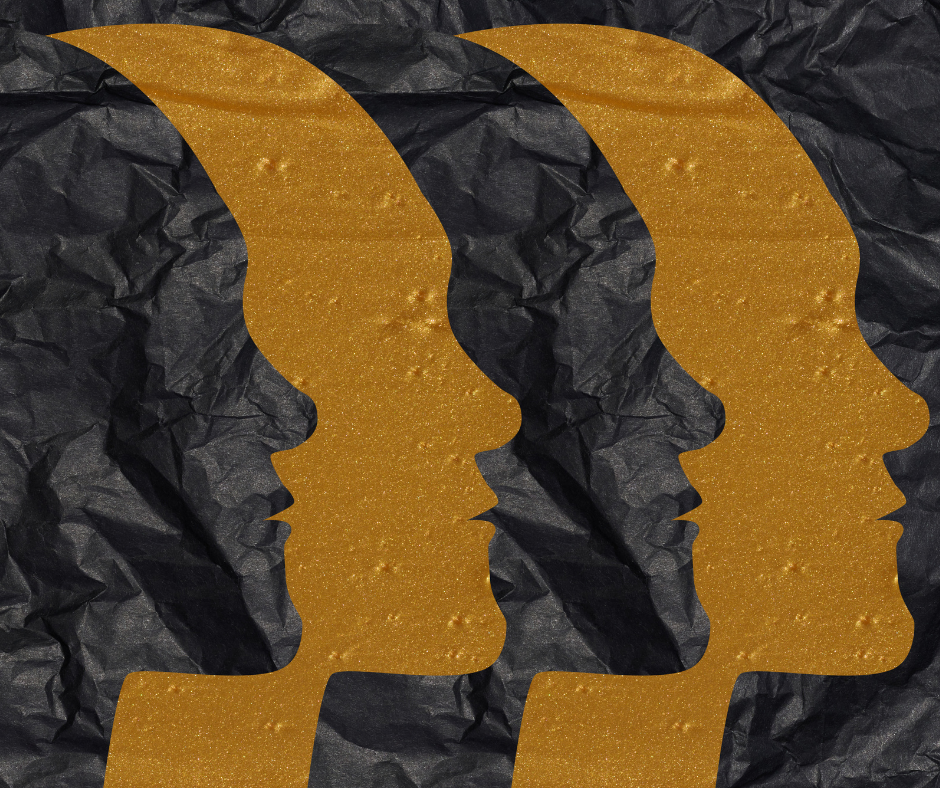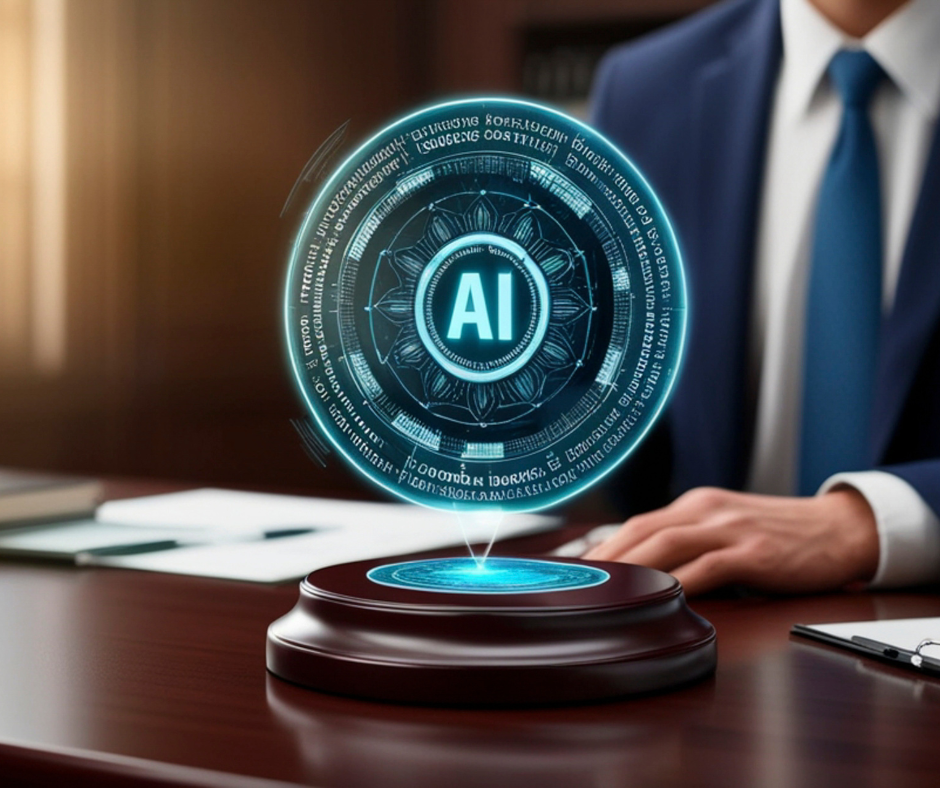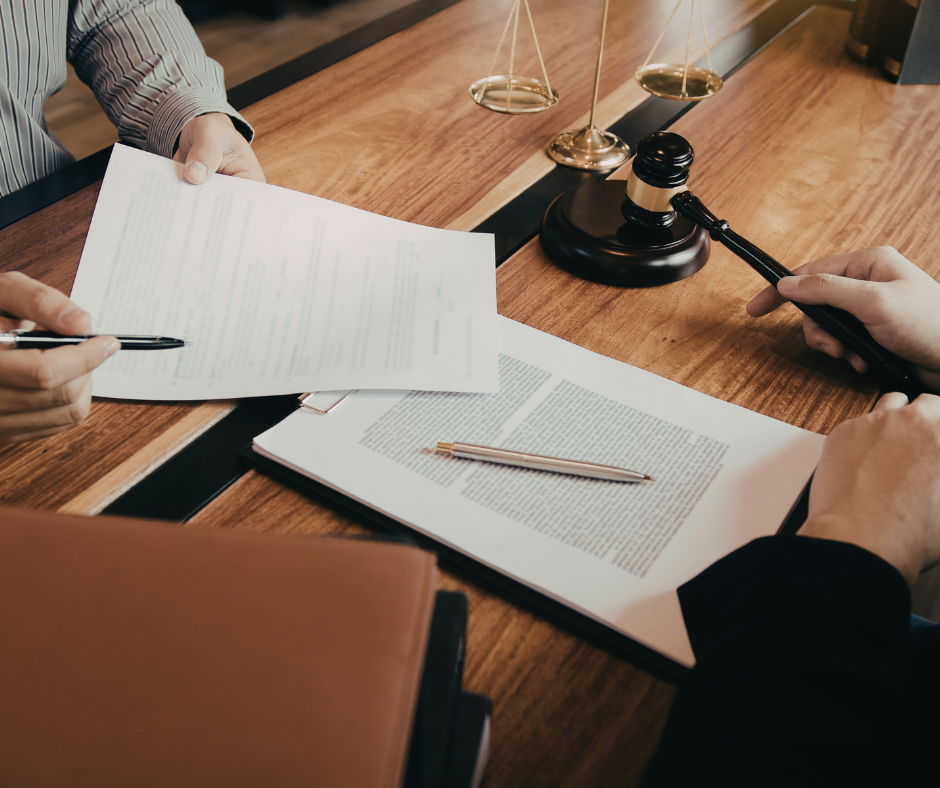Introduction: The Reality of Modern Policing
In today’s world, societies are becoming increasingly diverse, with various cultural, ethnic, and religious communities coexisting within the same geographical space. While this diversity brings richness and growth, it also presents significant challenges for law enforcement agencies. Policing in a multicultural society is not just about enforcing laws—it is about understanding people, building trust, and ensuring justice for all, regardless of background.
Yet, across the globe, we see tensions between communities and the police force. Mistrust, discrimination, and racial profiling have led to conflicts that shake the very foundation of justice. On the other hand, progressive policing methods, community engagement, and cultural awareness have proven that law enforcement can be a force for unity and protection.
This article delves deep into the challenges law enforcement faces in diverse societies and highlights the opportunities that can transform policing into a more inclusive and effective force for good.
The Challenges of Policing in a Multicultural Society
1. Cultural Misunderstandings and Bias
In a society where multiple cultures intersect, misunderstandings between law enforcement officers and community members are common. Different cultures have varying customs, beliefs, and social norms that might not align with conventional policing methods. Without proper training, officers may misinterpret behaviors, leading to unnecessary confrontations or unfair treatment.
For instance, certain gestures or ways of communicating that are normal in one culture may seem suspicious or even aggressive in another. This lack of awareness can escalate situations unnecessarily and erode trust between communities and the police.
2. Racial Profiling and Discrimination
One of the most controversial and pressing issues in multicultural policing is racial profiling. When law enforcement disproportionately targets individuals based on race, ethnicity, or religious background rather than on actual evidence, it fuels public resentment. Many marginalized communities feel that they are over-policed and unfairly targeted, leading to deep-seated mistrust.
This issue is not just a perception—it is backed by statistics in many countries. Studies have shown that certain ethnic groups are stopped, searched, and arrested at higher rates than others, despite no higher rates of criminal behavior. Addressing racial bias in policing is essential to ensuring justice and fairness.
3. Language Barriers
Communication is at the heart of effective policing. In a multicultural society, language barriers can pose significant challenges. Miscommunication during crucial moments—such as reporting a crime, giving instructions, or explaining rights—can lead to confusion and injustice.
If police officers are unable to communicate effectively with diverse communities, it reduces their ability to serve and protect. It can also create frustration among both officers and civilians, further straining police-community relations.
4. Distrust and Fear of Authority
Many immigrant communities or marginalized groups come from backgrounds where law enforcement was oppressive or corrupt. This historical trauma carries over, making individuals hesitant to cooperate with the police, even in societies that strive for fairness.
Fear of deportation, wrongful arrests, or being stereotyped discourages people from reporting crimes or seeking help. In turn, this makes policing less effective, as crimes go unreported, and criminals remain unchecked.
5. Lack of Diversity in Law Enforcement
A police force that does not reflect the diversity of the community it serves struggles to understand and address its unique needs. When officers do not share cultural experiences with the people they protect, there is a disconnect that can lead to misjudgment and ineffective policing.
Many law enforcement agencies still lack representation from minority communities, which makes it difficult to build genuine trust. When people see officers who look like them, speak their language, and understand their struggles, they are more likely to cooperate and respect the law.
The Opportunities: How Policing Can Transform to Serve a Diverse Society
1. Community-Oriented Policing: Building Bridges, Not Barriers
One of the most effective solutions to multicultural policing challenges is community-oriented policing (COP). This strategy focuses on building relationships between law enforcement and the communities they serve.
Rather than being seen as outsiders who only show up during crises, police officers actively engage with neighborhoods—attending local events, working with youth programs, and collaborating with community leaders. This fosters mutual respect and helps prevent crime before it happens.
2. Cultural Competency and Anti-Bias Training
To break down stereotypes and improve understanding, law enforcement agencies must implement continuous cultural competency and anti-bias training. Officers need to understand the traditions, beliefs, and communication styles of different communities to serve them effectively.
Training should also address unconscious biases that may influence decision-making. When officers become more aware of their own biases, they can take conscious steps to ensure fair and impartial policing.
3. Hiring More Diverse Police Officers
Representation matters. Police departments must actively recruit officers from diverse backgrounds to create a force that truly understands and reflects the community.
Having officers who speak different languages, understand different cultures, and have lived experiences similar to the people they protect can greatly improve police-community relationships. It also sends a message that law enforcement values inclusivity and equal opportunity.
4. Transparency and Accountability
Trust cannot exist without accountability. Police departments must implement strong oversight policies to ensure that officers are held accountable for misconduct, discrimination, or excessive force.
Body cameras, independent review boards, and public reporting on police actions can help create transparency. When communities see that officers are disciplined for wrongdoing and rewarded for positive engagement, trust begins to rebuild.
5. Leveraging Technology for Inclusive Policing
Modern technology can bridge communication gaps and make policing more effective. Translation apps, AI-driven analytics, and data-driven policing can help officers better understand crime patterns in diverse communities.
Additionally, social media and digital platforms can be used to engage with the public, educate them about their rights, and encourage community participation in law enforcement efforts.
Conclusion: The Urgency of Change
Policing in a multicultural society is not a challenge of the future—it is a crisis of the present. The world is changing, and law enforcement must evolve with it. If police forces fail to adapt, the gap between them and the communities they serve will only grow, leading to more conflict, unrest, and injustice.
But there is hope. By implementing inclusive strategies, fostering trust, and ensuring fairness, we can transform policing into a force that unites rather than divides.
Now is the time to demand change. Law enforcement agencies, policymakers, and citizens must work together to redefine what justice looks like in a multicultural world. Because when policing is fair, just, and inclusive, everyone benefits.






